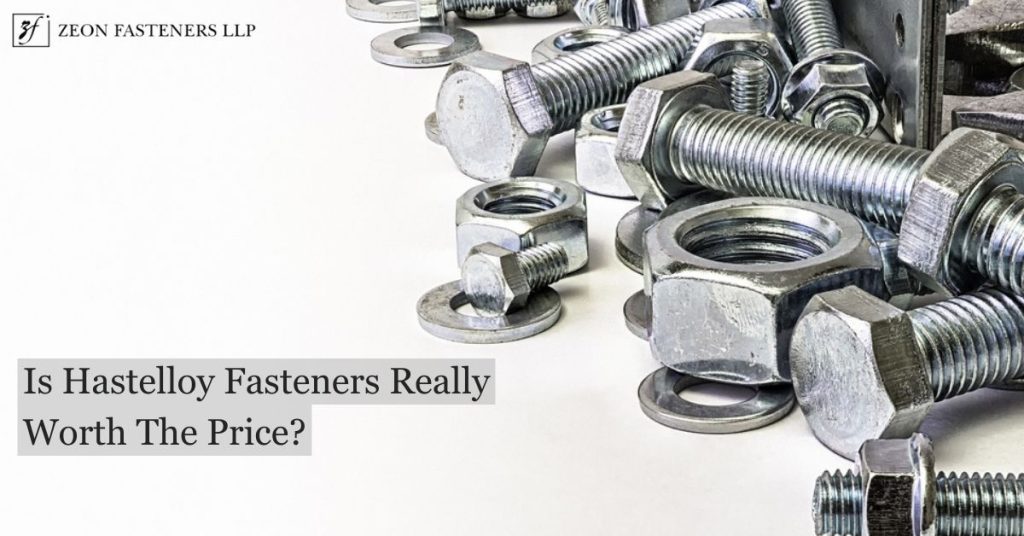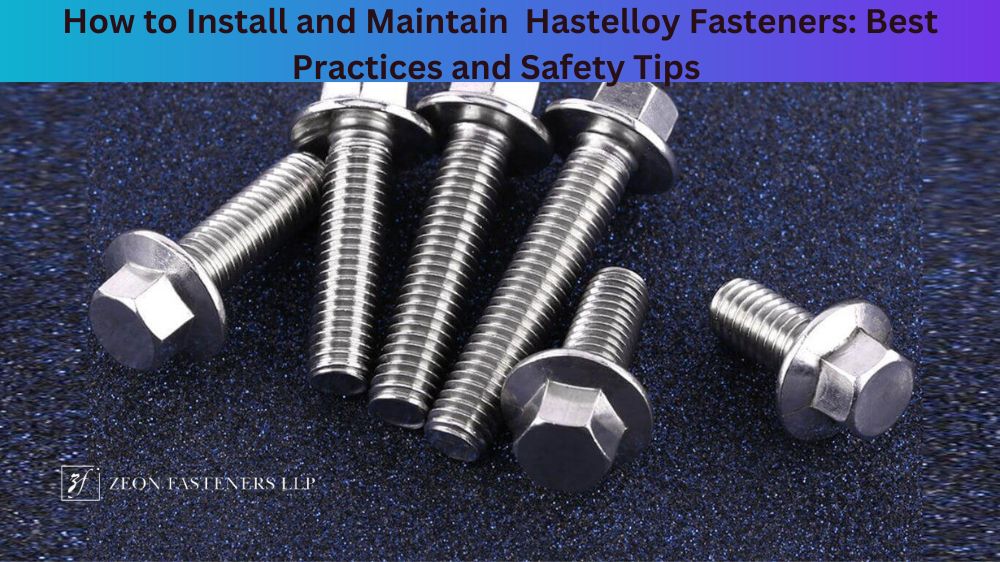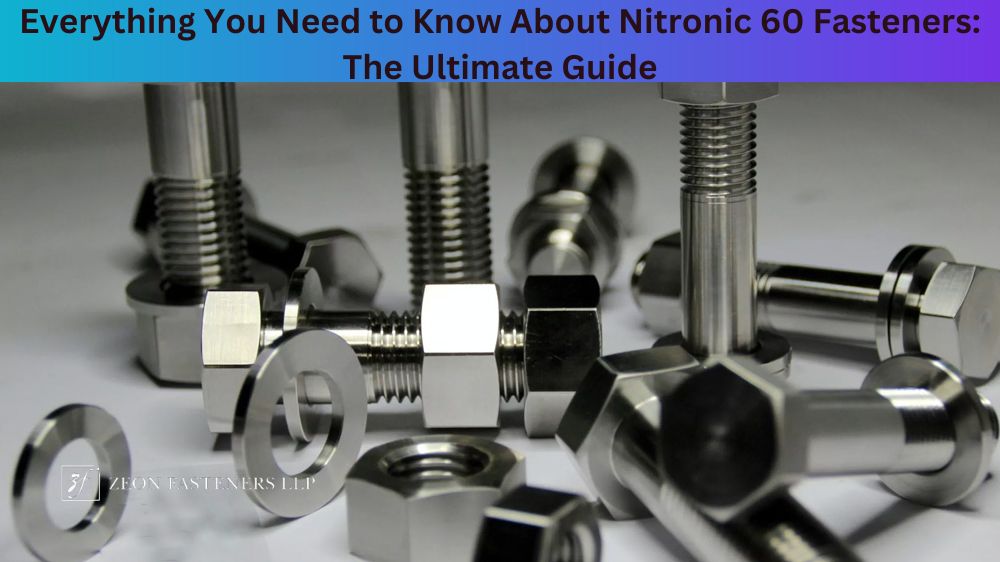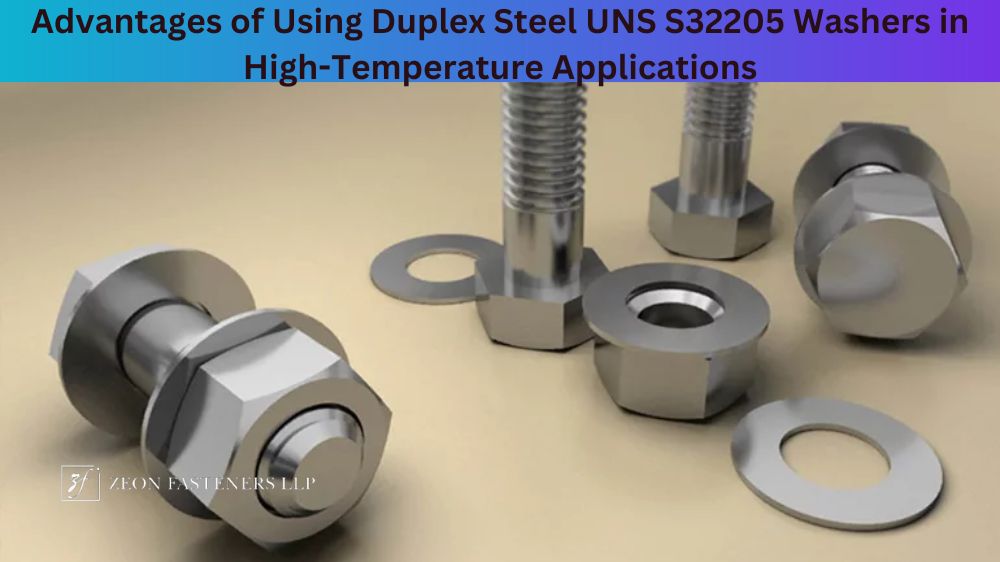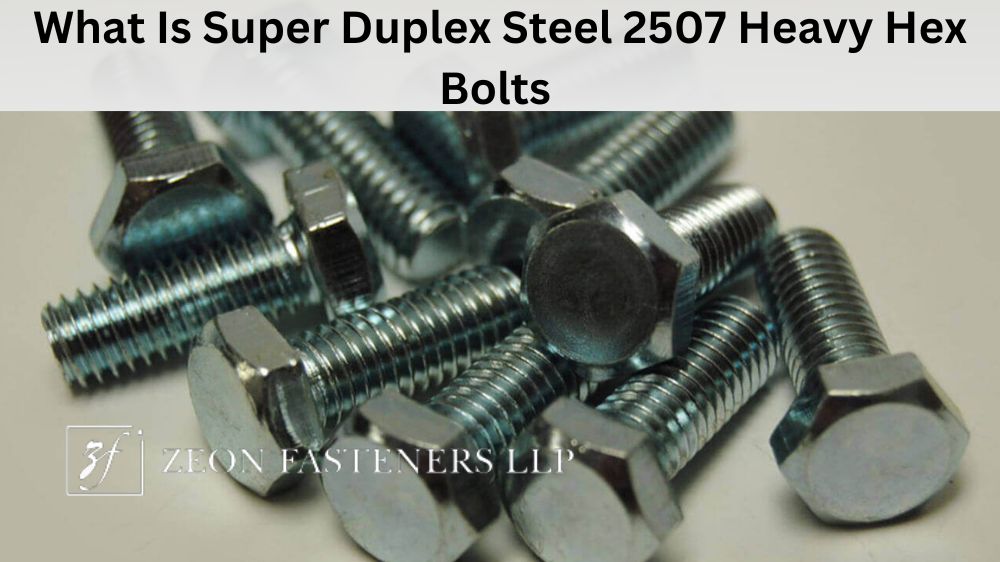Whether you’ve used Hastelloy fasteners before or not, you might be wondering if the added cost is justified. When selecting a fastener, numerous things need to be taken into account. The fastener’s cost is one of the primary factors. It is crucial since it decides whether you can afford to purchase enough of them to finish your project. You can choose more affordable fasteners to complete the task if you have a significant budget. Hastelloy fasteners, on the other hand, are a good investment if you require a large variety of fasteners.
Cost of Specialized Fasteners
Hastelloy Fasteners are among the most corrosion-resistant and versatile, and they may be utilized in a variety of applications. Aerospace, oil and gas, chemical processing, and other sectors may all make use of it. A corrosion-resistant alloy composed of chrome, molybdenum, and nickel is used to make the fasteners. These alloys, which are referred to as super alloys, were created to survive the punishing conditions seen in these industries. They also provide high resistance to pitting brought by chloride. They can withstand hot, oxidizing conditions as well as high temperatures. Fasteners made of Hastelloy C276 are frequently used for airplanes, wind turbines, wood mat bolts, and self-locking nuts. These bolts may be ordered in bespoke sizes as well as common sizes ranging from 1/2 mm to 2 1/2 mm additionally, they can be heated and seasoned.
Applications of Specialized Fasteners
The appropriate material selection is essential for dependability. While certain materials may become brittle in corrosive conditions, others may just be somewhat flexible in low temperatures. The tensile strength, proof load, and dimensional tolerances of your application will determine the optimum fastener material. The size of the fastener is equally important to the material.
Hastelloy fasteners are perfect for situations involving chemical processing. These anti-corrosion alloys have a high level of resistance to a variety of chemicals and high-temperature conditions. They are often utilized in maritime operations, coastal settings, the petrochemical industry, overseas oil exploration, and electricity production. There are several bespoke sizes and dimensional tolerances for Hastelloy fasteners. Sulfuric acid, hydrochloric acid, sulfuric acid, phosphoric acid, and hydrobromic acid are just a few of the substances that these materials can withstand. Additionally, they may be utilized with solvents, brine solutions, and saltwater.
Resistance to Oxidizing and Non Oxidizing Chemicals
Hastelloy fasteners provide exceptional resistance to corrosion in both oxidizing and non-oxidizing chemicals, which makes them a common choice in chemical industries. They can withstand sulfur chemicals, hydrogen sulphide, and chloride ions. Additionally, they are defenceless against pitting and stress-corrosion cracking. Hastelloy provides a significant amount of corrosion resistance as compared to other nickel-based alloys. A nickel-molybdenum alloy called Hastelloy B2 has outstanding resistance to non-oxidizing acids, sulfuric acid, and hydrochloric acid. Additionally, it offers outstanding defense against stress corrosion cracking and chloride-induced pitting. In the presence of ferric salts and cupric salts, it does, nevertheless, exhibit poor corrosion resistance. Another nickel-molybdenum alloy with exceptional resistance to hydrochloric acid, sulfuric acid, and non-oxidizing acids is Hastelloy B3. However, using it in oxidizing media is not advised. Another nickel-chromium-molybdenum alloy that provides outstanding resistance to stress corrosion cracking, uniform attack, and crevice corrosion is Hastelloy C-22. Chemical industries utilize it the most often. Among the many uses for it are columns, heat exchangers, pumps, and gas turbines. Additionally, bleaching and digesters for pulp and paper frequently employ it.
Resistance to Saltwater
Hastelloy fasteners are a dependable choice whether you work in the oil and gas business, the refining industry, or the petrochemical industry. They are a perfect option because of their exceptional resistance to seawater corrosion. Pressure vessels, gas turbines, and pipelines all make use of these metals. They maintain good characteristics in the welding zone and have great heat and oxidation resistance. Chloride stress corrosion cracking, a kind of corrosion that can harm austenitic stainless steel, is not a problem for the alloy. Additionally, it withstands heat corrosion, which can cause pitting. Alloys made of Hastelloy are mostly employed in the chemical processing sector. They are utilized for valves, gas turbines, and pressure vessels. They are also utilized in some nuclear reactors’ pressure vessels. They are frequently used in chemical-related businesses including petrochemicals, pulp & paper, and fertilizer. About 40–65% chromium and 45–60% nickel make up the Hastelloy family. It has a significant amount of molybdenum. It strengthens the alloy and boosts its oxidation resistance. It also aids in avoiding corrosion brought on by nitric acid oxidation.



